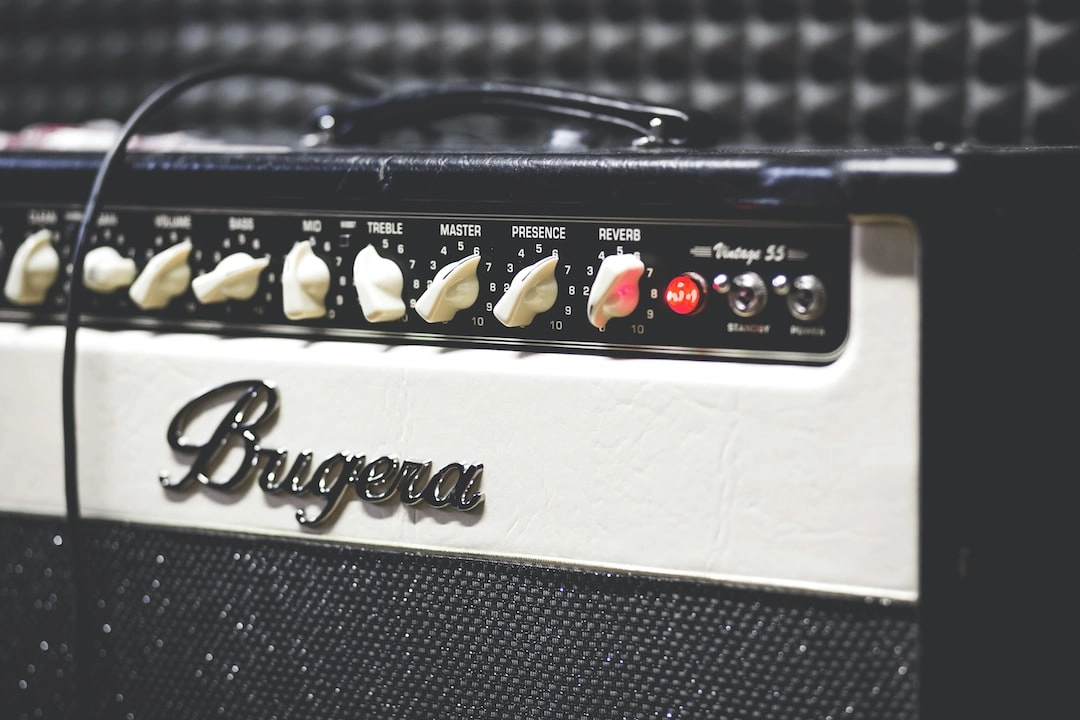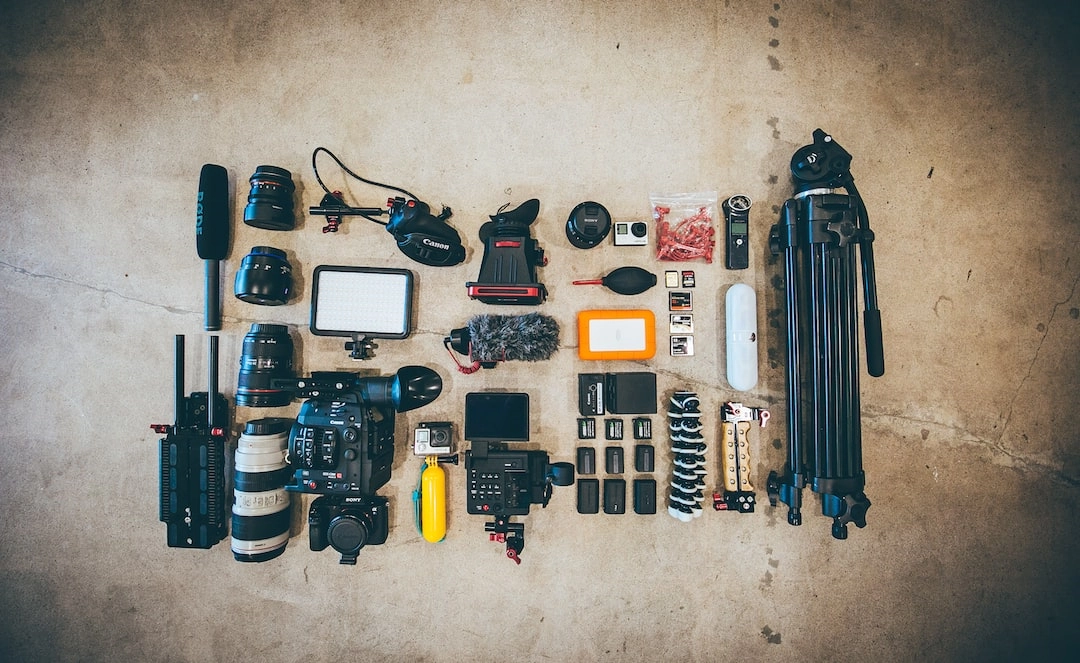What is the Eco-Friendly Sound Equipment Industry?
The eco-friendly sound equipment industry is a growing sector that focuses on developing and manufacturing audio devices and equipment with minimal environmental impact. It encompasses a range of products, including speakers, headphones, amplifiers, and recording equipment, that are designed and produced using sustainable materials and energy-efficient manufacturing processes.
Real-World Problems
The sound equipment industry, like many others, has significant environmental challenges that need to be addressed. Here are some of the key problems associated with non-eco-friendly sound equipment:
1. Energy Consumption:
Traditional sound equipment often consumes a significant amount of energy, leading to increased reliance on fossil fuels and higher greenhouse gas emissions. This energy consumption contributes to climate change and harms the environment.
2. Toxic Materials:
Many sound equipment components contain hazardous substances such as lead, mercury, and brominated flame retardants. Improper disposal of these products can lead to soil and water contamination, posing risks to human health and ecosystems.
3. Electronic Waste:
The rapid pace of technological advancements in the sound equipment industry has led to a constant stream of electronic waste. Improper disposal and recycling of this waste can result in the release of toxic substances into the environment, while valuable resources go unsustainably mined.
4. Limited Product Lifespan:
Non-eco-friendly sound equipment is often designed to have a short lifespan, leading to frequent replacements and contributing to the cycle of waste. This “throwaway” culture further strains natural resources and exacerbates environmental problems.
5. Lack of Awareness and Options:
One of the challenges faced by the eco-friendly sound equipment industry is a lack of awareness among consumers. Many people are unaware of the environmental impact of their sound equipment choices and the availability of more sustainable alternatives. Additionally, the limited availability and higher price points of eco-friendly options pose barriers for widespread adoption.
By identifying and addressing these real-world problems, the eco-friendly sound equipment industry strives to revolutionize the way we enjoy sound while minimizing our ecological footprint. In the following sections, we will delve deeper into the current efforts, innovative solutions, and notable case studies within this industry.

Solutions for the Eco-Friendly Sound Equipment Industry
The eco-friendly sound equipment industry is actively working towards addressing the environmental challenges it faces. Here are some of the solutions being implemented:
1. Energy Efficiency:
Manufacturers are focusing on developing energy-efficient sound equipment by utilizing advanced technologies such as Class-D amplifiers and low-power consumption components. This reduces energy consumption and helps combat climate change.
2. Sustainable Materials:
Companies are investing in research and development to find sustainable alternatives to replace toxic materials in sound equipment. This includes using recycled plastics, natural fibers, and non-toxic adhesives, reducing the environmental impact and improving the recyclability of products.
3. Extended Product Lifespan:
Efforts are being made to design sound equipment with durability in mind, ensuring longer product lifespans. This includes using high-quality materials, modular designs for easy repairs, and offering upgrade options to extend the overall lifespan of the product.
4. Recycling and Responsible Disposal:
Manufacturers are implementing take-back programs and partnering with recycling facilities to ensure proper disposal and recycling of sound equipment. This helps prevent electronic waste from ending up in landfills, and enables the extraction and reuse of valuable components and materials.
5. Consumer Education:
Initiatives are being undertaken to raise awareness among consumers about the environmental impact of sound equipment and the availability of eco-friendly alternatives. Educating consumers about the benefits, energy savings, and long-term cost-effectiveness of sustainable sound equipment promotes informed purchasing decisions.
The eco-friendly sound equipment industry is continuously evolving and innovating to address the real-world problems it faces. By adopting these solutions, we can enjoy high-quality sound while conserving natural resources, reducing energy consumption, and minimizing electronic waste.













